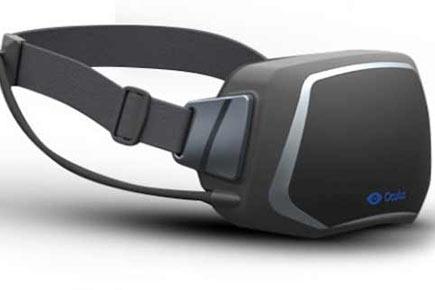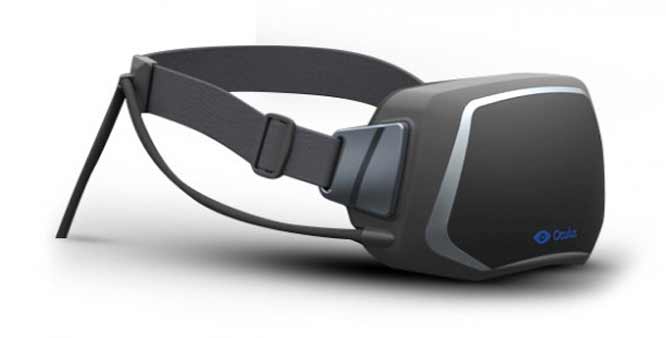To help treat soldiers with post-traumatic stress disorder, Jennifer Patterson turned to a gadget typically associated with video games: the virtual reality headset from Oculus, a company Facebook Inc bought for $2 billion last year

Oculus
San Francisco: To help treat soldiers with post-traumatic stress disorder, Jennifer Patterson turned to a gadget typically associated with video games: the virtual reality headset from Oculus, a company Facebook Inc bought for $2 billion last year.
ADVERTISEMENT

Patterson, an engineering student at the University of Pittsburgh, studied a software used on the prototype of the head-mounted display that creates virtual settings, such as a Middle Eastern-themed city or desert road, that soldiers would otherwise avoid, as a way to help them recover from their PTSD.
She hopes doctors and therapists around the country will better understand how the technology can be helpful to their own patients.
Patterson is one of a handful of researchers who have used the display for experimental treatments and studies that range from treating glaucoma patients to easing pain in burn victims.
While there are no estimates of the potential size of the market for virtual reality applications in the health care field, analysts say that success in this area would likely spur even broader adoption in a range of industries, such as education, fashion, media and telecommunications.
The potential size of those markets is quite large, possibly surpassing $5 billion over the next three years, according to some estimates, especially as the gadget's uses extend far beyond gaming.
 Subscribe today by clicking the link and stay updated with the latest news!" Click here!
Subscribe today by clicking the link and stay updated with the latest news!" Click here!






